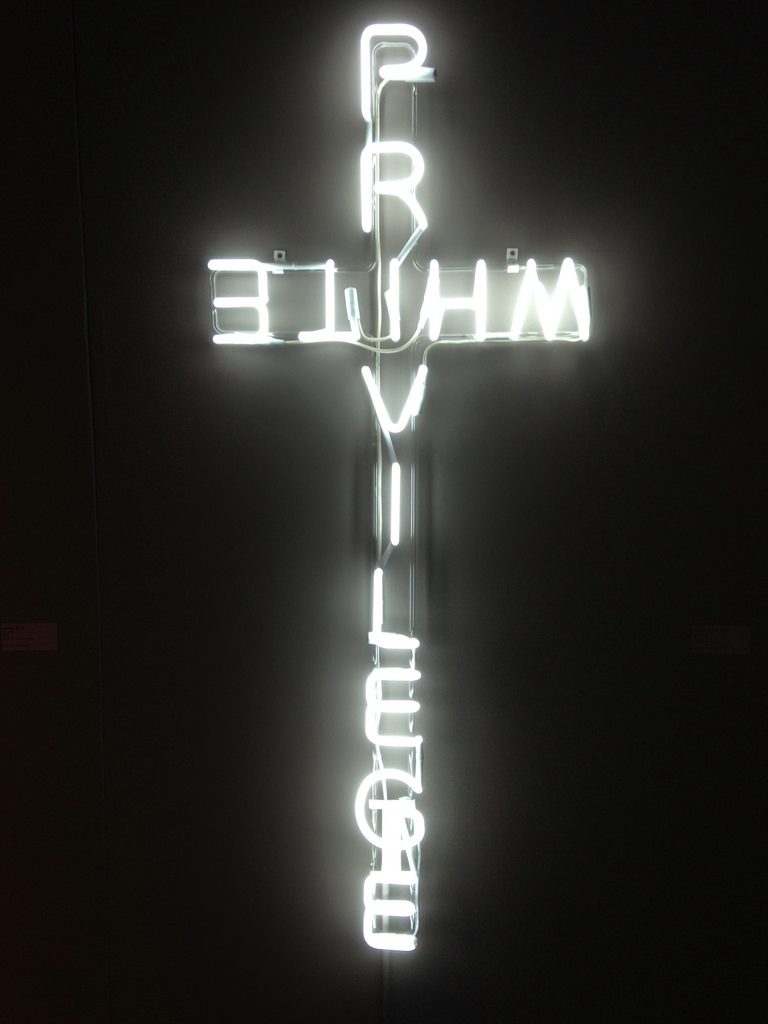Opinion: Privilege problems — can we wash away a framework?
The word “privilege” is thrown about rather frivolously by civil rights and social justice groups, although the definition of “privilege” is seldom stated. To simplify, privilege — in a socioeconomic perspective — describes how certain races, genders, religions, and sexual orientations or gender identities receive better socioeconomic benefits at the expense of others. Although it should be the concern of every citizen to criticize racism, sexism, and other forms of discrimination, seldom question civil rights groups: where does privilege end? Can you fight something that is less apparent and change who it favors?
The most privileged class in the eyes of social justice groups are the usual culprits: upper class, Christian and white. However, as we move to a more multiethnic, multicultural future, this subset of society in most western nations is declining. The United States and Europe now experience the largest boom of interracial births, the largest number of interracial relationships, significant growth of other religions — such as Islam — and a greater tolerance for these changing factors. As the discussion of who holds privilege continues, social justice groups of the future will ultimately face the question of which group is the most privileged, and whether they have attained that privilege due to their identities.
This creates the problem as privilege becomes cyclical. It can never be defeated, and it can be passed on to other ethnicities, genders or religions. Hypothetically, if all racial backgrounds mixed three to four generations of interracial couples, would the privilege of more economically well-off peoples be nullified due to a lack of racial superiority? If Islam became the dominant religion in a Western nation, would we criticize them of overshadowing other faiths and dominating discussions of spiritual matters? If gays and lesbians were granted full equality tomorrow, would the transgender population become the less privileged, curing gays and lesbians of their lack of privilege? If privilege is as problematic as social justice groups claim, then fighting it appears to be wasted oxygen as privilege finds a way to continue its existence.
Ultimately, viewing privilege as problematic may be the problem in the first place. Privilege is evident in all continents and found between ethnicities, religions and genders, depending on the hierarchical relationship between demographics. But perhaps if privilege was viewed as a temporary state, a fluid social framework which sets exemplars for success who can create a dialogue criticizing or debating the abilities of more powerful subsets of society. This can make privilege become less of a problem and more of a socio-economic phenomenon. Finally, it is good to reflect on privilege being in the eye of the beholder, and that some groups hold others accountable for their inherent privilege — even in progressive countries which guarantee equal rights under the law. Instead of stepping into others’ shoes, we should ask ourselves why we should limit our view of others depending on whether they see us as better off or not.







